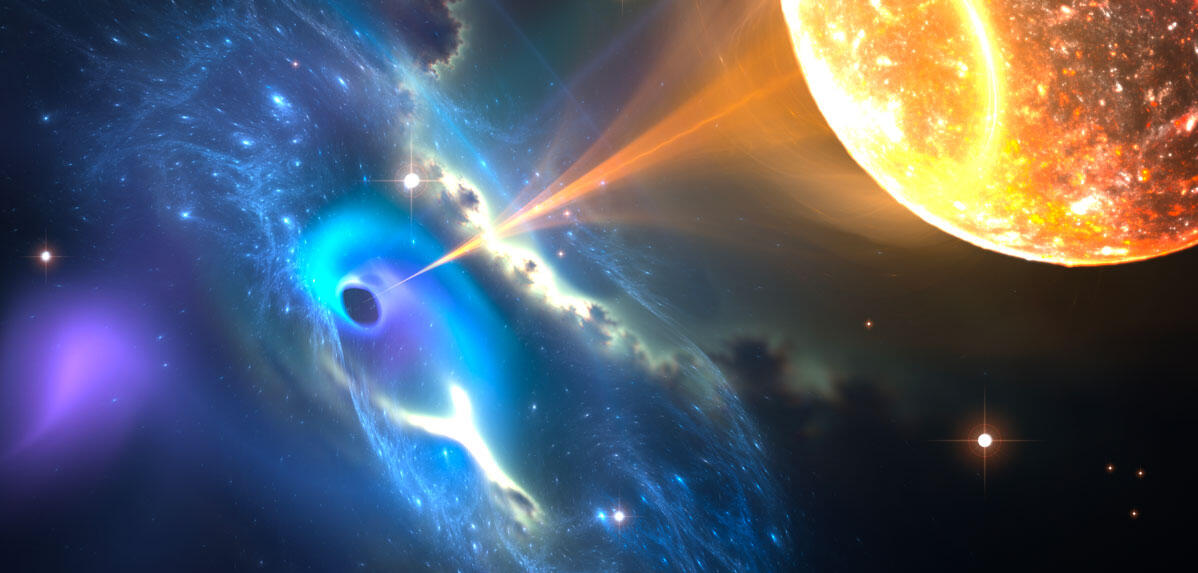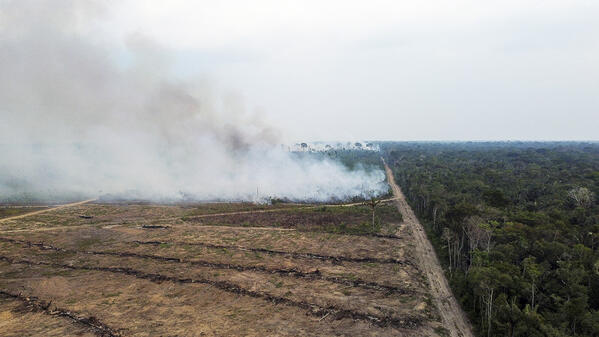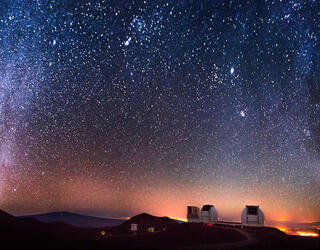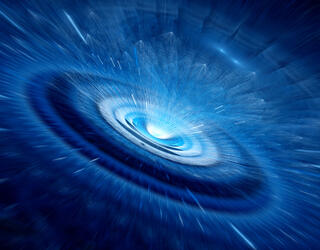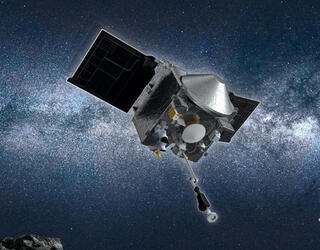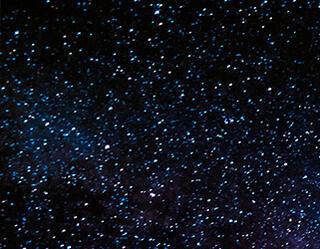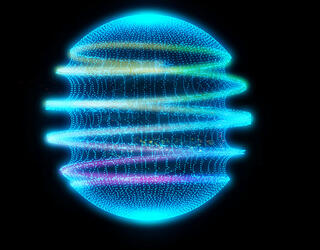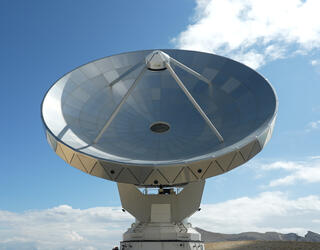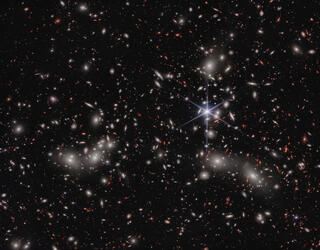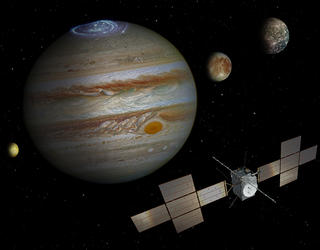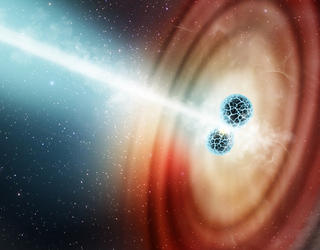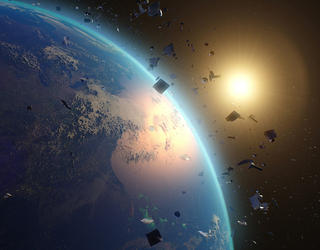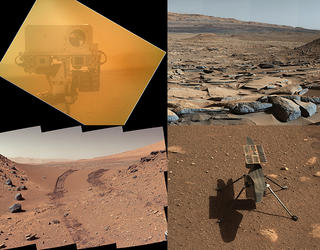The recent discovery of a binary system containing an extremely rare object, the most massive black hole (apart from SgrA*) ever detected in our Galaxy, calls into question the models for the formation of these bodies.
Article
04.24.2024
On our planet, everything is interconnected, from terrestrial and marine ecosystems and biodiversity to ice sheets, rivers and oceans. But a recent report reveals that the dynamics of these different systems is being destabilised by human activities to such...
Article
04.18.2024
Research on tinnitus, a recent investigative field, is now enabling a clearer understanding of the causes and effects of this symptom that affects nearly eight million people in France.
Article
04.14.2024
Our topics
Article
03.27.2024
Galactic archaeology uses state-of-the-art telescopes to reconstruct the history of our Milky Way, from the Big Bang to the present day.
03.13.2024
As opposed to black holes, white holes are thought to eject matter and light while never absorbing any. Detecting these as yet hypothetical objects could not only provide evidence of quantum gravity...
Article
02.12.2024
On 24 September, 2023, material collected three years earlier from the surface of asteroid Bennu was successfully returned to Earth by the OSIRIS-REx mission. Some thirty laboratories around the...
10.17.2023
How do planets form? How did life emerge from lifeless matter? Does it exist elsewhere? These are just some of the questions that the multidisciplinary Origins programme will attempt to answer.
09.15.2023
Following the disappointing results from other candidates for explaining dark matter, a particle hypothesised over 40 years ago, the axion, has come back to the forefront.
Article
07.21.2023
Blind since her teenage years, Wanda Diaz-Merced has developed a technique called “sonification” to convert astrophysical signals into sounds. Building on the success of this impressive tool for...
06.08.2023
Located at an altitude of 2,500 metres on the Bure plateau in the Alps, the Noema international observatory is the most powerful radio telescope in the northern hemisphere. Thanks to the data...
Article
04.24.2023
Two separate measurements of the Hubble constant, a parameter that describes the expansion rate of the Universe, have yielded conflicting results. The discrepancy could lead to the overthrow of the...
Article
02.27.2023
JUICE, the first European-led space mission to Jupiter, is scheduled to launch in April. The aim of this major undertaking is to explore the gas giant and its icy moons.
02.21.2023
Using a novel experimental protocol, scientists are shedding fresh light on nuclear fusion reactions in stars. This will affect theories of stellar evolution and of the abundance of elements in the...
01.26.2023
A CNRS research team is developing a computer program to calculate the risk of collision between a satellite and orbiting debris in real time.
Article
12.05.2022
Earth's smaller sister planet, Mars, may have seen the emergence of life in its early history. To be certain, NASA's rovers Curiosity, launched ten years ago, and Perseverance, which landed...


